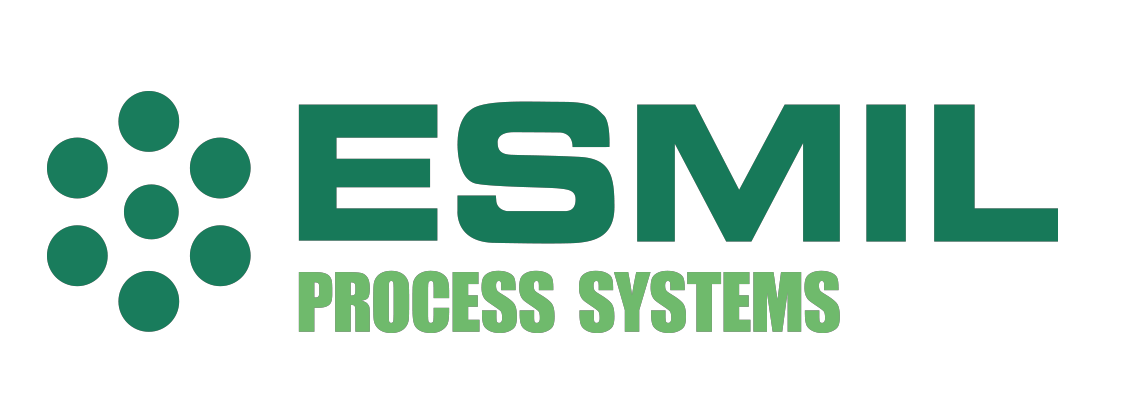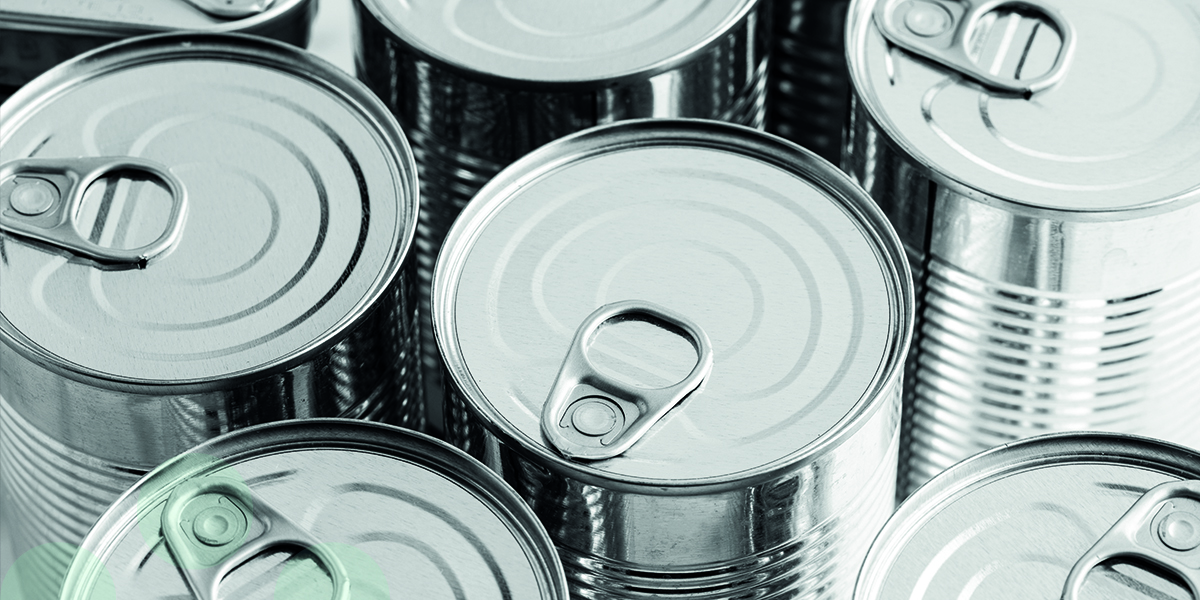Introduction
Esmil Process Systems were tasked with providing a process solution to recover cannery wash water for a local can forming plant. Determinands of primary concern to the client was the maximal removal of soluble COD (Chemical Oxygen Demand) and TSS (Total Suspended Solids) which would allow re-use and recycle opportunities for the cannery as well as reducing the town water make-up volume.
The sample received at Esmil’s laboratory was contaminated with different oils, cutting fluids and large globules of grease and presented as a low pH cloudy emulsion.
Process
Preliminary tests conducted in-house indicated that COD & TSS concentrations were 3x higher than client expectations. Chemical pre-treatment of the sample was indicted to remove as much of the COD and TSS as possible prior to processing through the UF (Ultrafiltration) and RO (Reverse Osmosis) membranes to prevent membrane “overload”, minimise possible fouling and maximise the stream fluxes.
Case History
The sample was filtered through a 500μ bag filter to remove gross contaminants, and the pH corrected using NaOH to neutral. Various combinations of bentonite and coagulant were tried to determine the most cost-efficient method of reducing TSS and COD before membrane treatment.
The treated sample filtrate was recovered and passed through UF (Ultrafiltration, tubular membrane) and the permeate and concentrate recovered for further treatment and analysis. This UF permeate (essentially free of TSS) was then passed through a RO (Reverse Osmosis, spiral wound) membrane to strip the residual soluble COD from the sample stream.
Esmil’s in-house laboratory facilities provides Esmil engineers with insights into:
1. COD reduction using chemical pre-treatment and UF membranes
2. COD and TDS reduction using RO membranes
3. Membrane flux
4. System recovery
5. Membrane fouling tendency
This process data will assist later in the subsequent site trial or plant design phases for each client.
Results
The important trial results are tabulated below.
Table 1. Cannery water treatment laboratory trial results
| Parameter [units] | Raw sample | Post chemical treatment | Post UF treatment | Post RO treatment |
|---|---|---|---|---|
| COD [ppm O2] | 3 150 | 2 800 | 650 | 70 |
| TSS [ppm] | 3 410 | 2 700 | 2 270 | 20 |
| pH | 2.60 | 7.50 | 7.10 | 6.4 |
| Conductivity [μS/cm] | 6 820 | 5 290 | 4 700 | 50 |
It may be seen that the process designed and implemented by Esmil Process Systems yielded a 97% reduction in COD, a 99% reduction in TSS and 99% reduction in conductivity. After processing, both membrane sets easily regained initial flux values and no impact on membrane integrity was discerned.
Conclusions
Even though this cannery wash water was significantly fouler than initially briefed, Esmil Process Systems treated this water to allow the client re-use and recycle opportunities for this stream (previously discharged to sewer) and reduce town water make-up.







